Election poses opportunity for unity
Amid widespread division there exists a chance for dialogue, education and unity
November 12, 2020
On Saturday, Nov. 7, Democrat Joe Biden became the president-elect of the United States of America and Kamala Harris became the United States vice president-elect. While the anxieties of democracy throughout the presidential race appear to have settled down (I hope), the concerns regarding the outcome of this election are still here on campus.
As I was walking towards the north side of campus Saturday evening, I noticed that the quad had been rolled by students. I immediately turned to my roommate and asked: did the football team win a game today? He said no and speculated that it was a celebration of Biden’s victory over Trump. This instance brought me back to the stories I’ve been told by Black voices, about race relations on campus during and after the 2016 presidential election. Similarly, it resonated with my personal experiences of racism back home in Chicago as a young Black man.
I remember one morning of my senior year of high school, as I made my way to school, I had one ear phone plugged in my ear and the other hanging on the neck of my sweater so that I could be cautious of my surroundings. As a stream of cars passed me by, a loud voice screamed racial epithets at me, even using the “n” word. I turned around to get a look at who labeled me the “n” word, but the grey car drove away too fast. The entire morning I spent sulking, walking with my head down. Though my white English teacher was sympathetic when I shared the situation with her, the pain and embarrassment remained.
Around the same time, I was riding my bike towards Walgreens. Since the flow of traffic runs heavy down West Peterson Ave., I decided to use the sidewalk to complete my ride, especially given that Walgreens was only a few meters away. I made sure to be cautious of passersby and kept my distance as I approached a woman waiting at the bus stop. I notice her looking at me with vexed, glaring eyes. Paying no attention to her grave stare, I continued to ride slowly, keeping my distance. Suddenly, she walked towards me and began to scream hateful words, completing her bluster with the “n” word.
I returned home, helpless and ashamed. The feelings of angst grew throughout the day. It was then that I realized that my dark skin became a site for spewing hatred.
Although the [results] are different this year… I hope that we do not revisit the occurence of racial hostility.”
My first year of college, I heard stories about the 2016 election from seniors who lived through that experience in their first year of college. One friend, who graduated from Wake Forest in 2020, recounted his experience in the aftermath of the previous election. He voiced that while racial tensions had always existed on campus, Trump’s victory further highlighted this friction. He mentioned that the quad was rolled, which left him and his peers distraught. On the second floor of Collins Residence Hall, his then residence hall, he recounted that students were loud and rambunctious in celebration of Trump’s election, adding onto the anxieties felt by him and his friends. Most importantly, he remarked on the time students ran around south campus screaming the “n” word, again, in celebration of Trump’s victory. Lastly, he reflected on feelings of exclusion, being out of place, in part because of the lack of response towards racial animosity. In accordance with his words, campus was racially polarized.
To reflect once more, in experiencing the repercussions of the 2016 election, I remember hearing my Black friends’ concerns that racial hostility and division had reached a boiling point. Some have even said that this election is a testament to America’s intolerant racial attitude towards Black Americans. So, as we approached this year’s election, I worried that my dark skin would once again warrant further racial animosity.
I decided to ruminate on these episodes of racism because I never thought that I would see division amongst races in a presidential election, where political affiliation should be the only point of division. I find it appalling to learn that the color of one’s skin can further divide a campus, let alone country, because of the presidential candidates. Although the reactions to the election results are different this year compared to 2016, I hope that we do not revisit the occurrence of racial hostility. No individual should ever feel uncomfortable or fearful because of what their skin color means to individuals who lie on a particular side of the political spectrum. The anxieties of racial tension to this day are still prevalent not only for me, but also for my black peers, as well. So, instead of looking to this election as an indication of the racial division that still exists, I would encourage you to see it as an opportunity. An opportunity for our campus to grow closer despite political and racial differences, an opportunity for safe spaces that foster respectful and engaging dialogue, and an opportunity to educate each other about how our peers of different races navigate the world around them.













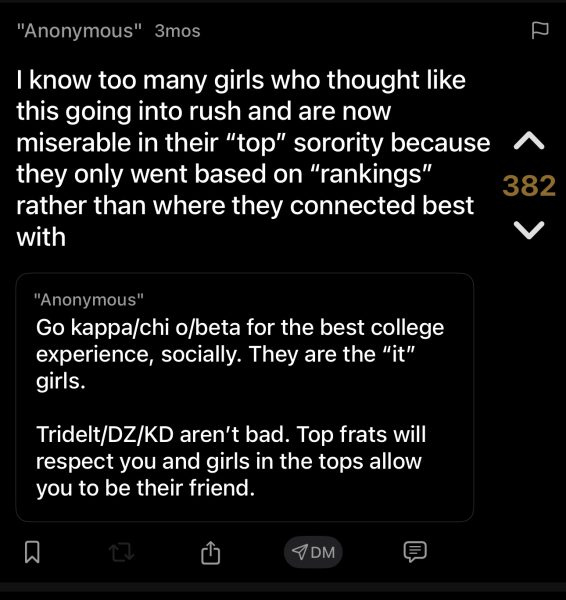
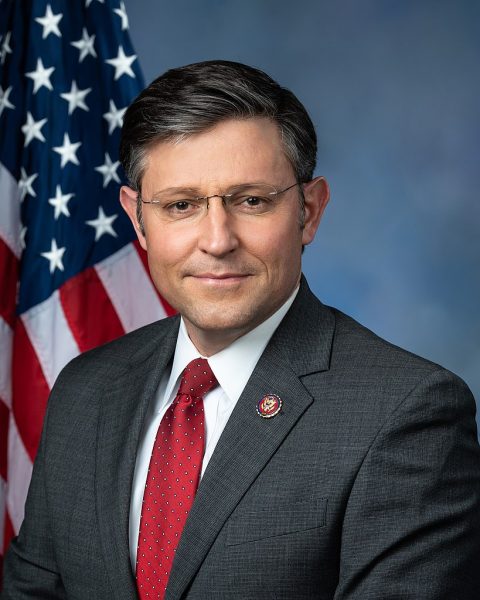



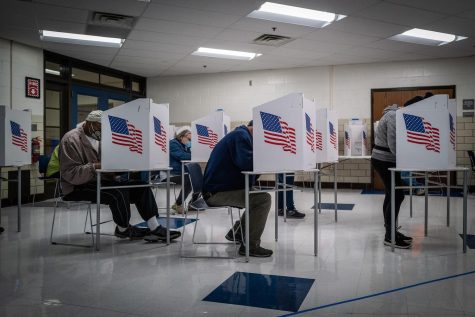
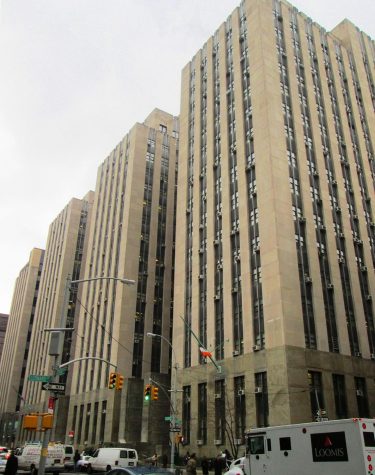
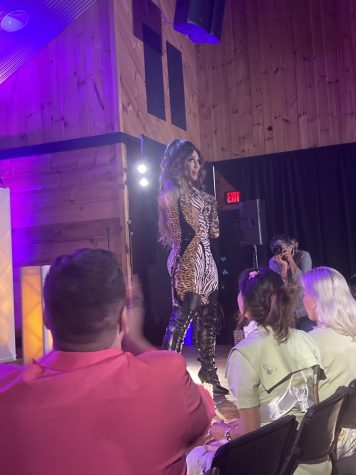

Gregory Parks • Nov 15, 2020 at 11:49 am
Sound words from a young mind.